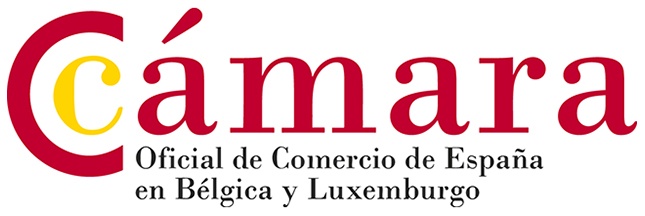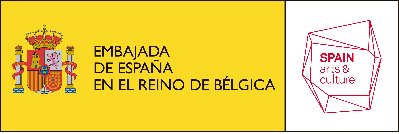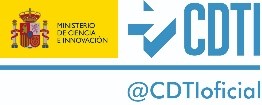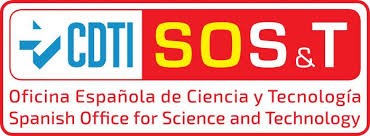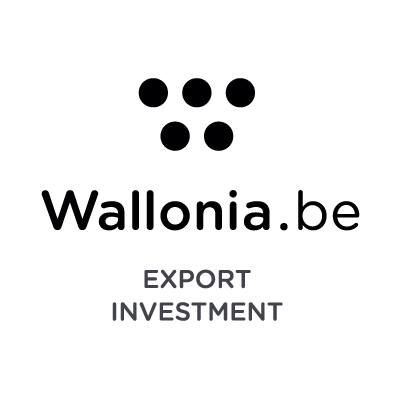Webinar: “Towards new urban mobility: new alternatives to the automobile, digital technologies and transport innovations”
Last Friday December 4th, the Cultural and Scientific Department of the Spanish Embassy in Belgium, and the Official Spanish Chamber of Commerce in Belgium and Luxembourg, with the collaboration of the Centre for the Development of Industrial Technology (CDTI) and the Spanish Office of Science and Technology (SOST) organized the third edition of the “Mediodías de la Embajada”, within the framework of the Spain means Innovation program.
The webinar was focused on “Towards new urban mobility: new alternatives to the automobile, digital technologies and transport innovations”, as part of the program of scientific diplomacy and dissemination of science, technology and innovation of Spain in Belgium. The event explored the innovation and business opportunities between Spain and Belgium in the field of electric mobility.
The Spanish Ambassador in Belgium, H.E. Mrs. Beatriz Larrotcha, started the event with the welcoming words and stressed the successful collaboration between Spain and Belgium in the field of science and technology among many others. H.E. Mrs. Beatriz Larrotcha thanked all the attendees for their presence and the speakers for sharing their story. Mr. Mikaël Van Eeckhoudt, mobility advisor, followed in the use of the floor on behalf of Elke Van den Brandt, Brussels’ Minister Mobility, Public Works and Road Safety, and highlighted the efforts carried out in Brussels and many other cities around Europe to ensure the correct transition into e-mobility taking care of aspects as the required infrastructures or reduction of pollutant mobility.
Noshin Omar, CEO of Belgian company Avesta Battery & Energy Engineering (ABEE) shared its experience of collaboration with Spain in the development of electric mobility solutions based on good practices and knowledge sharing as a fundamental part of the partnership without forgetting the importance of commercialization. From Ikerlan, the Spanish counterpart in this collaboration, Igor Villarreal Sarria, Head of Department, detailed the different initiatives and projects they are currently working in as well as the fluid relation with ABEE. After that, Marina Martínez, H2020 Programme Officer in the CDTI-SOST Office in Brussels, explained the very different opportunities for research and development of e-mobility solution under EU projects for Spanish companies.
Finally, during the debate moderated by Beatriz Ríos, Journalist, the speakers had the chance to discuss about the potential and future of green mobility innovation in the transition towards a decarbonized economy, the importance to put the citizens welfare in the center of all mobility policies, the need to smooth project management and reduce the administrative burden as well as the sensible issue of the origin of some critical raw materials like cobalt or lithium in some African countries.
From the Official Spanish Chamber of Commerce in Belgium and Luxembourg, we want to warmly thank all the attendees for their presence and the speakers for their interesting presentations.
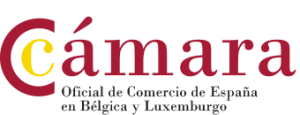
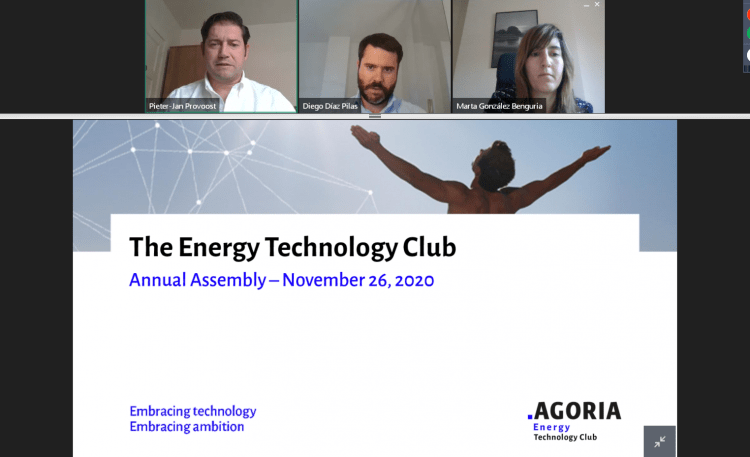

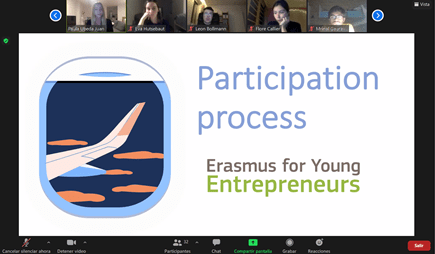
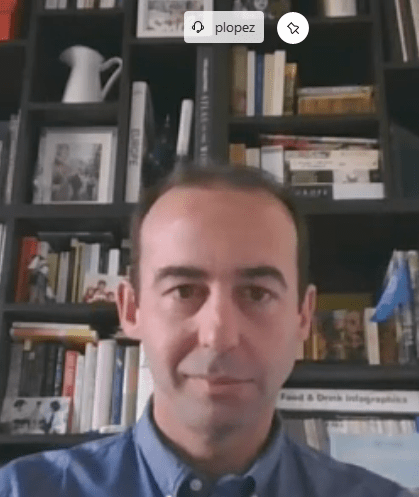


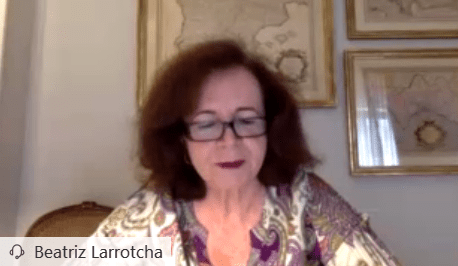
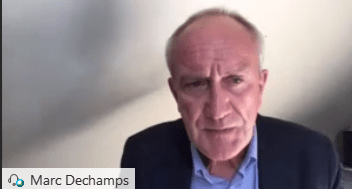
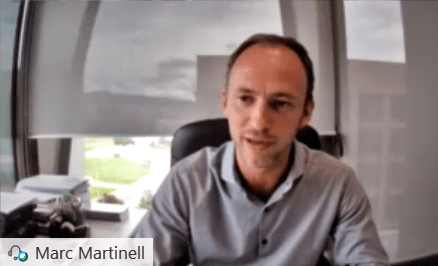 scientific field from the newspaper Le Soir. Marc Martinelli, CEO of Minoryx Therapeutics, began by explaining the basis of their current research into rare diseases of the central nervous system, as well as detailing the benefits of the Belgian market in the sector based on his current experience with the company’s subsidiary opened near the city of Charleroi (Wallonia). He was followed by Josep Samitier,
scientific field from the newspaper Le Soir. Marc Martinelli, CEO of Minoryx Therapeutics, began by explaining the basis of their current research into rare diseases of the central nervous system, as well as detailing the benefits of the Belgian market in the sector based on his current experience with the company’s subsidiary opened near the city of Charleroi (Wallonia). He was followed by Josep Samitier, 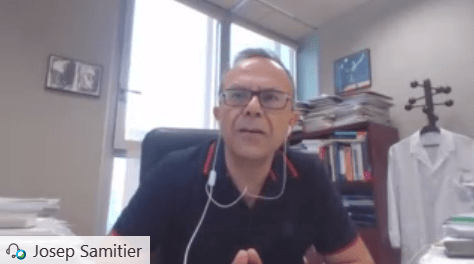 director of the Biotechnology Institute of Catalonia, and Marc Dechamps, director of international affairs for the BioWin cluster, who both gave their views on the benefits of biotechnology for improving the health sector, emphasising the advantages of Spain and Belgium in the sector.
director of the Biotechnology Institute of Catalonia, and Marc Dechamps, director of international affairs for the BioWin cluster, who both gave their views on the benefits of biotechnology for improving the health sector, emphasising the advantages of Spain and Belgium in the sector.